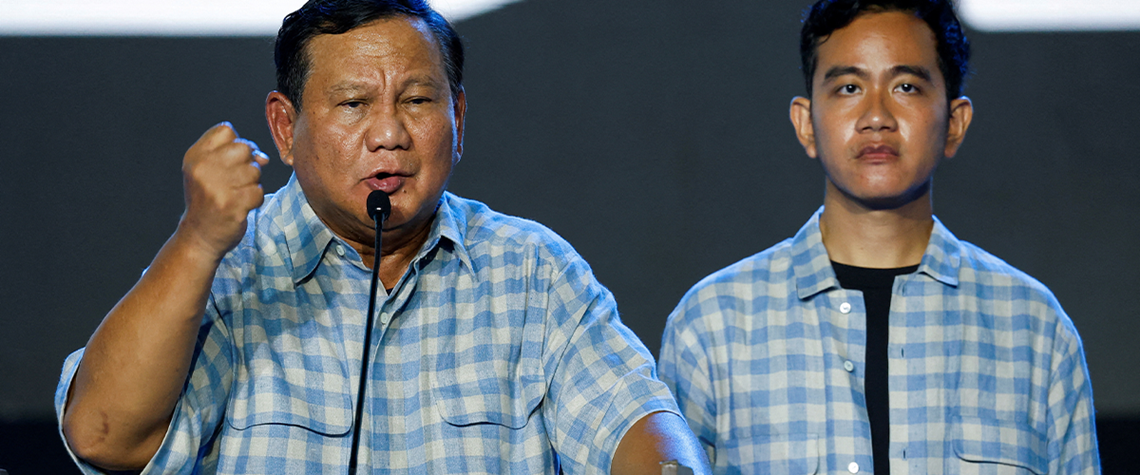Indonesia looks to gas to cover growing energy needs
Recent elections and on-going LNG developments highlight the importance of domestic gas demand in the sprawling island nation
Indonesia went to the polls in mid-February, with three leading candidates competing for the presidency. Former Defence Minister Prabowo Subianto appears to have secured an early lead, although the complicated electoral process could potentially take months to conclude across the vast archipelago nation. The candidates have energy policy differences—including over gas use, renewable energy targets and CCUS. At the same time, Indonesia is in the process of expanding its LNG production capacity, although how those additional volumes will be divided between the domestic and export markets remains in question. Aside from Prabowo, the other two main candidates are former governors Anies Baswedan

Also in this section
18 February 2026
With Texas LNG approaching financial close, Alaska LNG advancing towards a phased buildout and Magnolia LNG positioned for future optionality, Glenfarne CEO Brendan Duval says the coming year will demonstrate how the company’s more focused, owner-operator approach is reshaping LNG infrastructure development in the North America
18 February 2026
The global gas industry is no longer on the backfoot, hesitantly justifying the value of its product, but has greater confidence in gas remaining a core part of the global energy mix for decades
18 February 2026
With marketable supply unlikely to grow significantly and limited scope for pipeline imports, Brazil is expected to continue relying on LNG to cover supply shortfalls, Ieda Gomes, senior adviser of Brazilian thinktank FGV Energia,
tells Petroleum Economist
17 February 2026
The 25th WPC Energy Congress, taking place in Riyadh, Saudi Arabia from 26–30 April 2026, will bring together leaders from the political, industrial, financial and technology sectors under the unifying theme “Pathways to an Energy Future for All”







